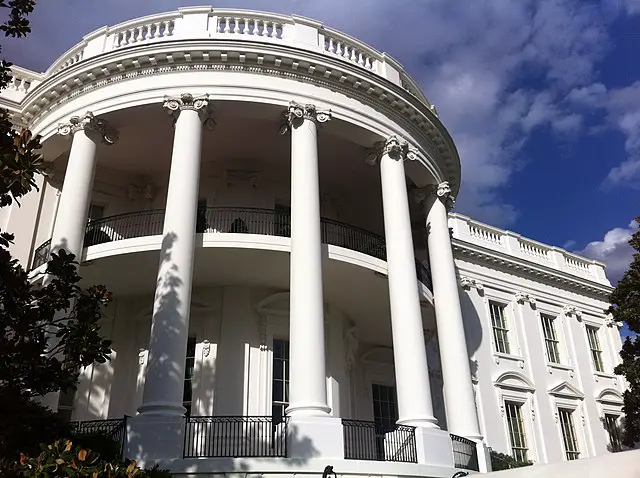Newly released internal documents from Facebook leadership suggest that the Biden administration heavily pressured social media networks to crack down on COVID hesitancy.
Key Details
- On Thursday morning, Representative Jim Jordan (R-OH) released The Facebook Files, claiming that documents obtained by the Judiciary Committee show the Biden Administration engaged in “unconstitutional pressure” to censor posts.
- Screenshots shared by Rep. Jordan allegedly show internal discussion among Facebook employees, who note that the White House is heavily pressuring them to crack down on COVID misinformation, memes, and viral Tucker Carlson clips.
- White House Press Secretary Karine Jean-Pierre responded to the claims by saying, “We have consistently made it clear that we believe social-media companies have a critical responsibility to take account of the effects of their platforms that they have on the American people.”
- On Friday, The Wall Street Journal reported that it independently accessed unpublished Facebook emails which suggest the Biden administration was pushing for it to police COVID misinformation.
Why It’s Important
This newest info dump is not the first time the public has been given access to behind-the-scenes information about social media. However, it is additional evidence that Republican politicians can use to bolster claims about censorship efforts led by the sitting president.
Previously, the release of The Twitter Files in December marked a curious moment for social media and its relationship with the federal government. Independent journalists led by Matt Taibbi led an effort to access internal documents at Twitter and revealed the degree to which the federal government is deeply interested in and entwined with social media like Twitter and Facebook—which many former federal employees working for the networks.
The effort allegedly revealed thousands of examples of the federal government quietly working with Twitter to censor controversial opinions, silence critics of the Trump and Biden administrations from social media, and spread government propaganda. Taibbi addressed Congress on March 9 to defend his claims, although critics of the project have alleged Taibbi has misrepresented the legitimacy of the relationship between Twitter and the government.
Backing Up A Bit
With the COVID lockdowns and emergency ongoing, the White House spent much of 2021 heavily pressuring social media networks to crack down on misinformation spreading on their services. As Jordan notes, Facebook internally understood that most of these questionable social media posts did not violate the terms and service of the website, but attempts to deny White House requests drew anger from the administration.
Biden eventually took the fight public, declaring in July 2021 that Facebook’s content moderation policies were “killing people” by allowing misinformation to spread. Facebook relented and changed its policies in August 2021.
Facebook employees went as far as to speculate that social media efforts to stem vaccine hesitancy-related posts would only make critics feel marginalized and less likely to consider vaccinating—with the White House going as far as to encourage jokes and memes to be removed too.
“There is likely a significant gap between what the [White House] would like us to remove and what we are comfortable removing,” noted an unnamed Facebook vice president.
See our previous Twitter Files coverage on Part 1, Part 2, Parts 3-5, Part 6, Part 7, Parts 8-10, Parts 11-12, Part 13, Part 14, Part 15, and Lee Fang’s Pfizer coverage.
